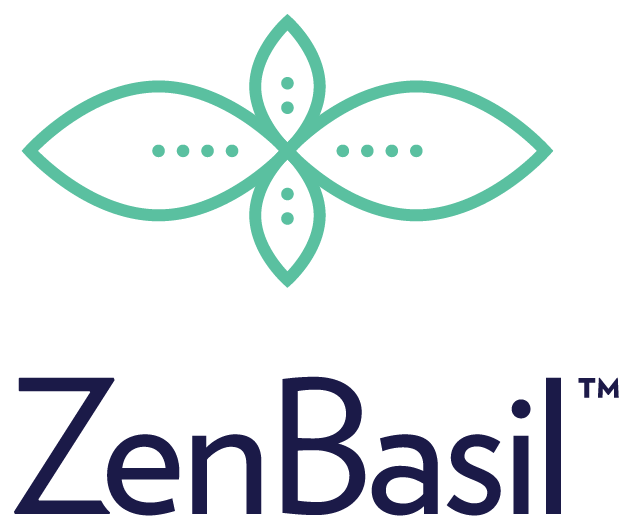In ancient times, basil seeds and chia seeds have been employed to enhance health and address various health issues. Given their similar appearance and comparable health benefits, it's common for consumers to feel perplexed when selecting between them at the grocery store.
Although these seeds share a resemblance, they differ in terms of nutritional value, consumption methods, flavor, and origin, among other factors.
Here's an exploration of the dissimilarities, helping you determine which one might be more suitable for your needs.
Basil Seeds vs Chia Seeds - A Comprehensive Comparison
Origins:
Chia seeds are a staple in the ancient Mayan and Aztec diets, native to Central America (Guatemala) and Mexico. They belong to the flowering plant Salvia hispanica.
Basil seeds come from regions of Southeast Asia, including Afghanistan, and Central Africa. They are born to the flowering plant Ocimum basilicum, also known as sweet basil.
Appearance:
Chia seeds are oval with a mix of colors (black, gray, brown, or white).
Basil seeds (Sabja seeds) are more elliptical, smaller than chia seeds, and pitch black in color.
Consumption:
Both seeds are eaten dry or soaked in water. When soaked in water, the seeds hydrate and become a more jelly-like texture. Chia seeds hydrate in water after 20 minutes, while Basil seeds only need 3 minutes to hydrate in water.
Flavor:
Neither of the seeds possesses a distinct taste or odor. However, it has been observed that certain basil seeds available in local markets may exhibit a specific smell and taste, likely attributed to their lack of USDA certification, raising concerns about their reliability. The sole USDA certified organic basil seed brand in the market is Zen Basil Seeds. These particular basil seeds are devoid of any discernible smell or taste and are guaranteed to be free from pesticides.
Culinary Uses:
Basil seeds absorb water, making them a binding agent suitable for plant-based alternatives like egg replacements in baking. They can be sprinkled on salads, used in smoothies, or make basil seed pudding.
Chia seeds can also be used in puddings, but may need to be refrigerated overnight to fully mix well.
Nutritional Content:
Basil seeds boast almost double the amounts of fiber, potassium, calcium, and iron compared to chia seeds, along with a remarkable tenfold increase in prebiotics. However, it's worth noting that chia seeds contain a slightly higher amount of omega-3 fatty acids.
Health Benefits:
Both seeds provide diverse health benefits. Basil seeds contribute anti-inflammatory properties, help with weight loss, promote heart health, support gut health, stimulate hair growth, cleanse the skin, and help reduce the risks of diabetes and obesity. On the other hand, chia seeds offer energy through omega-3 fatty acids and assist in weight management.
Pricing and Availability:
Chia seeds are widely available and can be found in most stores and markets. The global chia seeds industry is dominated by five mega corporations, contributing to their widespread accessibility. In contrast, Basil Seeds are less commonly found, and when available, they might not be adequately packaged. For those seeking a reliable brand, Zen Basil Seeds is the go-to choice – the sole USDA certified organic basil seed brand in the market. Not only that, but they also stand out as the only basil seed brand active on social media, gaining popularity with influencers in the health and wellness industry. Explore their offerings for a trustworthy experience! Instagram: @zenbasil
Conclusion:
The choice between basil seeds and chia seeds depends on individual preferences and health goals. Chia seeds are versatile and easily accessible, while basil seeds offer more health benefits and anti-aging properties. Incorporating both into your meals can provide a range of therapeutic and health benefits, allowing you to decide your personal winner in the basil seeds vs chia seeds debate. Chia seeds have gained widespread recognition due to their billion-dollar corporate support, whereas basil seeds are primarily associated with a single authentic brand – Zen Basil Seeds. This small family business is proudly owned by women and based in California, USA.

